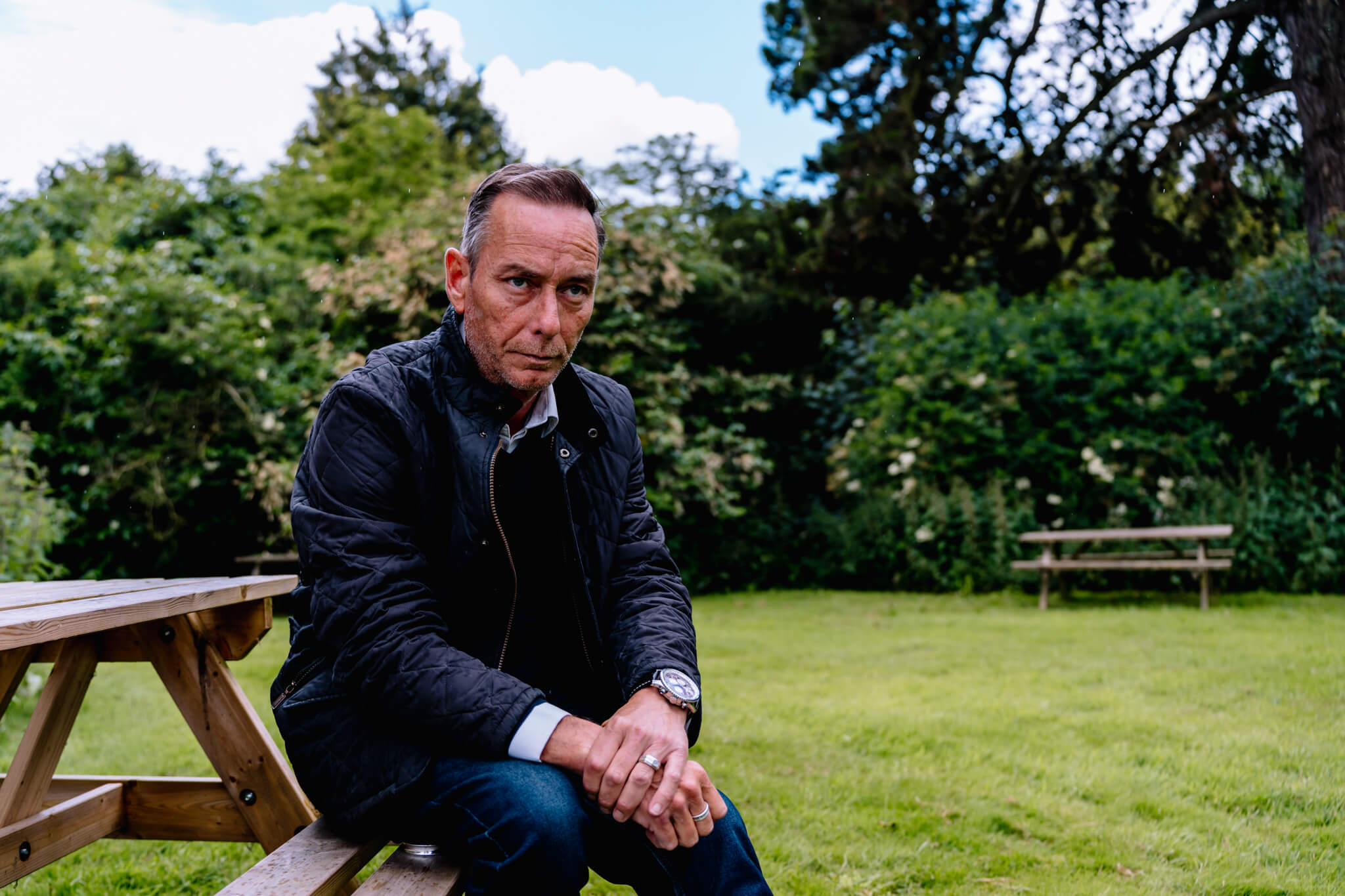Your lung cancer treatment will depend on several factors, including the type of lung cancer you have, the size and position of your cancer, the stage of advancement of your cancer, and your general health.
Lung cancer treatments include:
- Surgery – an operation to remove a small section of your lung (wedge resection or segmentectomy), part of your lung (lobectomy), or your whole lung (pneumonectomy), based on the size, type, and position of your cancer, and the health of your lungs. Surgery may be performed using open surgery or keyhole techniques called video-assisted thoracoscopic surgery (VATS).
- Radiotherapy - radiation to destroy your cancer cells.
- Chemotherapy - medicines to destroy your cancer cells
- Targeted or biological therapies – medicines, often in tablet format, that block messages in your cancer cells to stop them growing and dividing.
- Immunotherapy – drugs help your immune system to attack cancer cells.
- Radiofrequency ablation - a CT scanner guides a needle to the site of your tumour that sends radio waves that generate heat to kill the cancer cells.
- Cryotherapy – freezing to kill your cancer cells.
- Photodynamic therapy (PDT) – cancer cells are destroyed using a laser light beam.
Non-small-cell lung cancer treatment
Surgery is normally performed to remove the cancerous cells if your NSCLC is only in one of your lungs and you are in good health. Chemotherapy may follow to destroy any remaining cancer cells.
Radiotherapy may be offered to destroy your cancer cells if cancer has not spread far but surgery is not possible, perhaps due to your health. Sometimes radiotherapy is combined with chemotherapy and is called chemoradiotherapy.
Chemotherapy and/or immunotherapy is usually recommended if your cancer has spread and surgery or radiotherapy would not be effective. If cancer restarts after chemotherapy treatment you may have another course of treatment.
Biological or targeted therapy may be recommended to control or to stop the growth of your cancer if it has a specific mutation.
Radiofrequency ablation may be used to treat non-small-cell lung cancer at an early stage.
Cryotherapy can be used if cancer starts to block your airways.
Photodynamic therapy may be used to treat early-stage lung cancer if surgery is not an option, or to remove a tumour that's blocking the airways.
Small-cell lung cancer treatment
Chemotherapy is the usual treatment for SCLC, either on its own or in combination with radiotherapy, to help prolong life and relieve symptoms.
Surgery may be an option if the SCLC is found early and might be followed by chemotherapy or radiotherapy to reduce the risk of the returning cancer. It is not usually used to treat SCLC as this cancer often spreads to other areas of the body before diagnosis.


